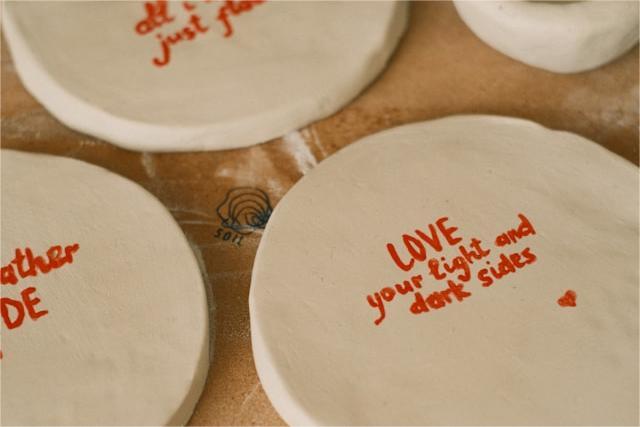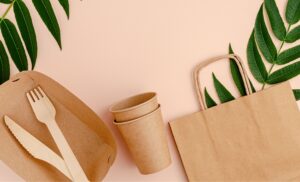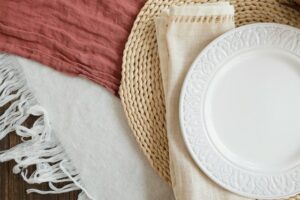N'afọ adịbeghị anya, a new trend has emerged in the realm of eco-friendly tableware: edible utensils made from starch-based materials like sorghum, ereesi, and whole wheat flour. These unique utensils are not only functional but also entertaining for children. Edible tableware items offer a unique solution to the environmental challenges posed by traditional disposable products. Let’s explore the benefits and features of these innovative utensils.
Made from Starch Materials
Edible eco-friendly tableware is crafted from natural starch materials such as sorghum, ereesi, and whole wheat flour. These ingredients are renewable, nke a na-eme, and pose no harm to the environment.
Functional and Safe
Despite their edible nature, these utensils are sturdy and functional, capable of holding various types of food and liquids without breaking or deforming. They are also safe for consumption, meeting food-grade standards and free from harmful additives.
Entertaining for Children
The novelty of edible tableware makes mealtime fun and engaging for children. From edible spoons to plates and chopsticks, children can enjoy their meals while exploring the unique textures and flavors of these utensils.
Slow Degradation
Unlike traditional disposable tableware, edible utensils take longer to degrade when in contact with food or liquids. They remain firm and stable for approximately 10 to 15 minutes before gradually softening, providing ample time for meal enjoyment.
Environmentally Friendly Disposal
After use, these utensils can be disposed of in compost bins or simply left to decompose naturally. Within just 4 to 5 ụbọchị, they break down into organic matter, contributing to soil health and minimizing waste.
With ongoing advancements in technology, concerns about the cost and flavor variety of edible eco-friendly tableware are being addressed. As these products become more accessible and diverse, they hold great potential for widespread adoption in both domestic and commercial settings. By embracing edible utensils, we can enjoy sustainable dining experiences while minimizing our environmental footprint. Let’s welcome the era of edible eco-friendly tableware and make a positive impact on the planet.






